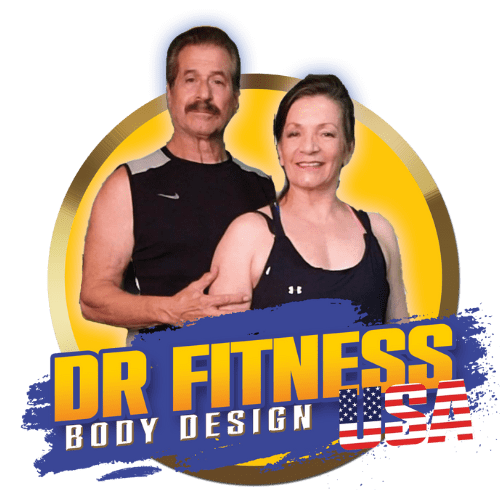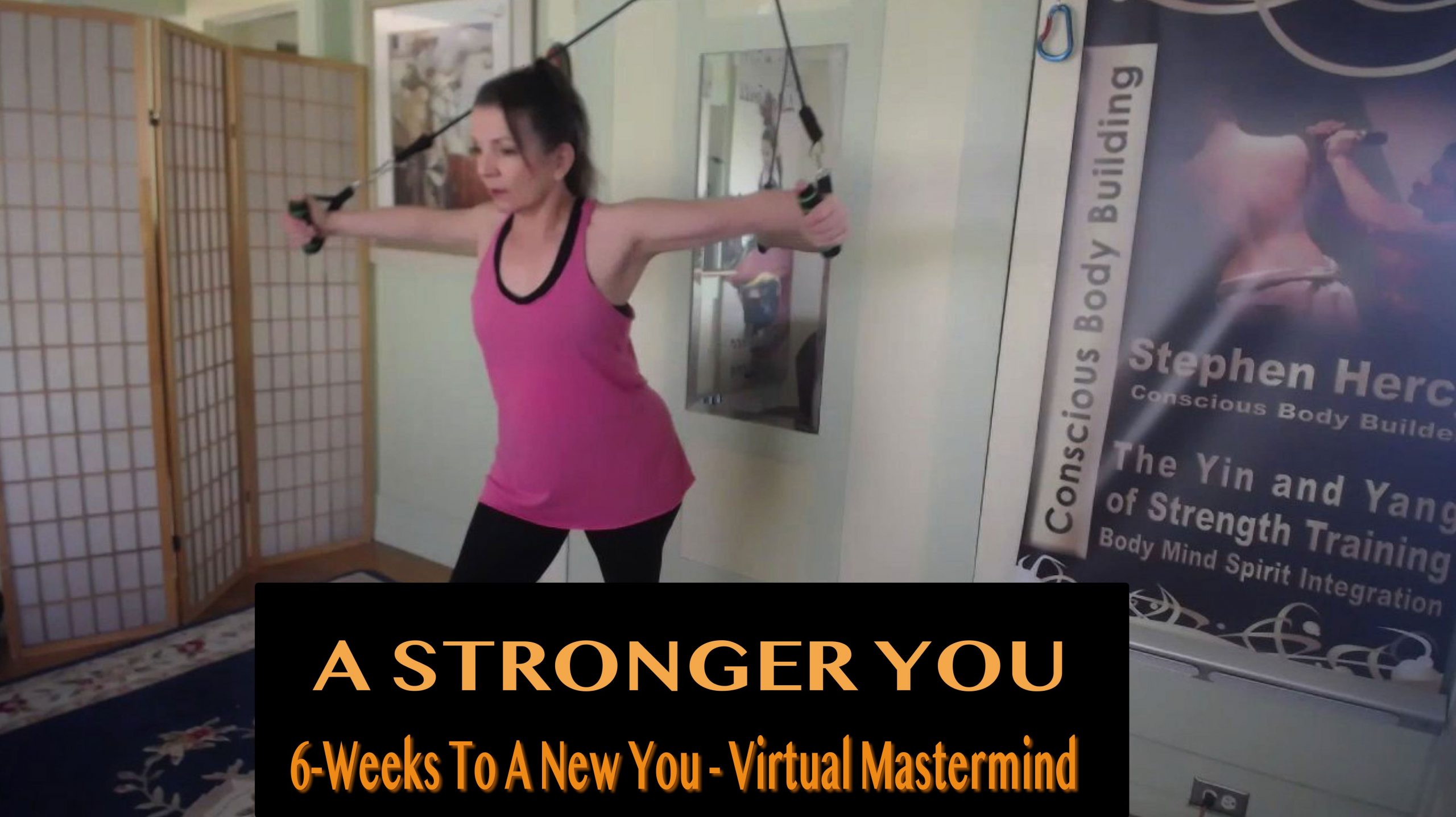Think of exercise as putting money in the bank. Exercise is an investment in yourself and serves as the best insurance against falls, illnesses, and unforeseen health conditions.
Lack of exercise might be the next pandemic according to Lancet—one in 10 premature deaths are attributed to sedentary lifestyles that lead to heart disease, diabetes, and cancer.
One of the fundamental laws of nature is that the weak die early; the strong live long.
Can you guess which one of the following activities best builds muscles and boosts your immune system?
1) Yoga
2) Pilates
3) Running
4) Swimming
5) Walking
6) Lifting Weights

While all of those activities are good, only weight training offers the best benefits for the human musculoskeletal system. Unless your body has been compromised in ways that prevent working out with weights, almost anyone can find a plan of action that works well, is both challenging and fun, and makes you feel good in many ways.
Of course, these excuses do a great job of holding you back. Do any sound familiar?
- “I’m too busy!”
- “I don’t like strength training. I like hiking and being outdoors.”
- “When my children leave home, I will be able to take better care of myself.”
- “I don't want to be bulky!”
- “I walk my dog; that’s enough.”
- “I do yoga; I am OK!”
- “Why do I need to be stronger anyway?”
It’s time for a true story: A painter came to my house. He was 80 years old and was suffering from diabetes and arthritis. I saw how he struggled. He said, “If I knew I’d live this long, I would have taken better care of myself.”
While you may not be painting houses when you are 80, if you had invested time and work in weight training, you’d be able to do it—and many other activities that are much more fun—with little difficulty.
Becoming increasingly stronger as you utilize weights in your exercise patterns relieves stress, anxiety, and pain. It keeps the body grounded, which in turn strengthens the nervous system with the release of positive endorphins to the brain. However intellectually savvy, financially accomplished, or spiritually enlightened you are, when your physical strength is low, so are all your other attributes.
Over the last decade, gyms made many improvements to assist people in learning workout routines, providing better equipment, and being responsible for safety. People of all ages can learn to exercise efficiently in proper environments. If a gym membership is not possible, many virtual training programs are accessible on the internet.
Strength training at home requires you to lift more weight than you would with simple bodyweight exercises, stretching, or just walking.
It can be accomplished by holding cans of food, gallon containers of water, and even textbooks. Isometric exercises use gravity or self-imposed resistance to create a sturdy physique. A word of caution: Depending on your fitness level, choosing to do exercises that rely on body weight principles (push-ups, pull-ups, yoga, or running stairs) may exacerbate old injuries, create new ones, or put the body out of balance
Any worthwhile strength training program, whether done at home or in a gym, must take into consideration postural analysis and include ergonomics, proper movement biomechanics, sequencing, weight ratio, and specific numbers of sets and reps to promote sustained and gradual strength increase. Without proper training experience, it would not be advisable to develop a training protocol on your own, especially with such a direct impact on the brain and central nervous system. Hiring a personal trainer or a fitness specialist is recommended, but before doing so, make sure to do your due diligence and check on their references and track record. Create a goal to establish a healthy habit that can be sustained over a lifetime, much like brushing your teeth. The best way to get stronger faster is by going to a gym.
Most people can safely take up walking. But it's best to check with your doctor before starting an exercise program if you have a chronic or unstable health condition, such as heart disease, asthma or another respiratory ailment, high blood pressure, osteoporosis, or diabetes.
EXERCISE BEGINS AT HOME
Ideal equipment for strength training at home:
- A set of workout bands.
- A couple of dumbbells to use alone or in combination with the workout bands to add more resistance.
For your aerobics and general fitness, keep moving:
- Work in the yard and garden.
- Vacuum, mop, and dust
- Go out for power walks at least 15 minutes each day.
Pay attention to your attitude:
It is a fact that being seated in front of a screen for too many hours a day requires balance with physical activity, so set boundaries by knowing the extent of your physical and emotional limits.
Communicate with your loved ones; ask them to participate in or share your practices.
The time for global transformation has arrived, and it starts with each individual. Attention to your physical presence in positive ways—strength training, healthy diet, good sleep hygiene, and balanced work and leisure activities—pays off in billions of ways.
Dare to live young!
JOIN OUR UPCOMING " A STRONGER YOU" MASTERMIND
Written by Batista Gremaud – co-founder of Dr Fitness International - No1 Best Selling Author - Recipient of the “Most Outstanding Fitness Program” award 2019 by The Winners Circle -DrFitnessInt.com
DrFitnessUSA.com - DrFitnessInt.com
Originally written for and published in #Inthelimelight magazine for @ClarissaBurt https://clarissaburt.com/in-the-limelight-magazine-summer-2020-issue/



